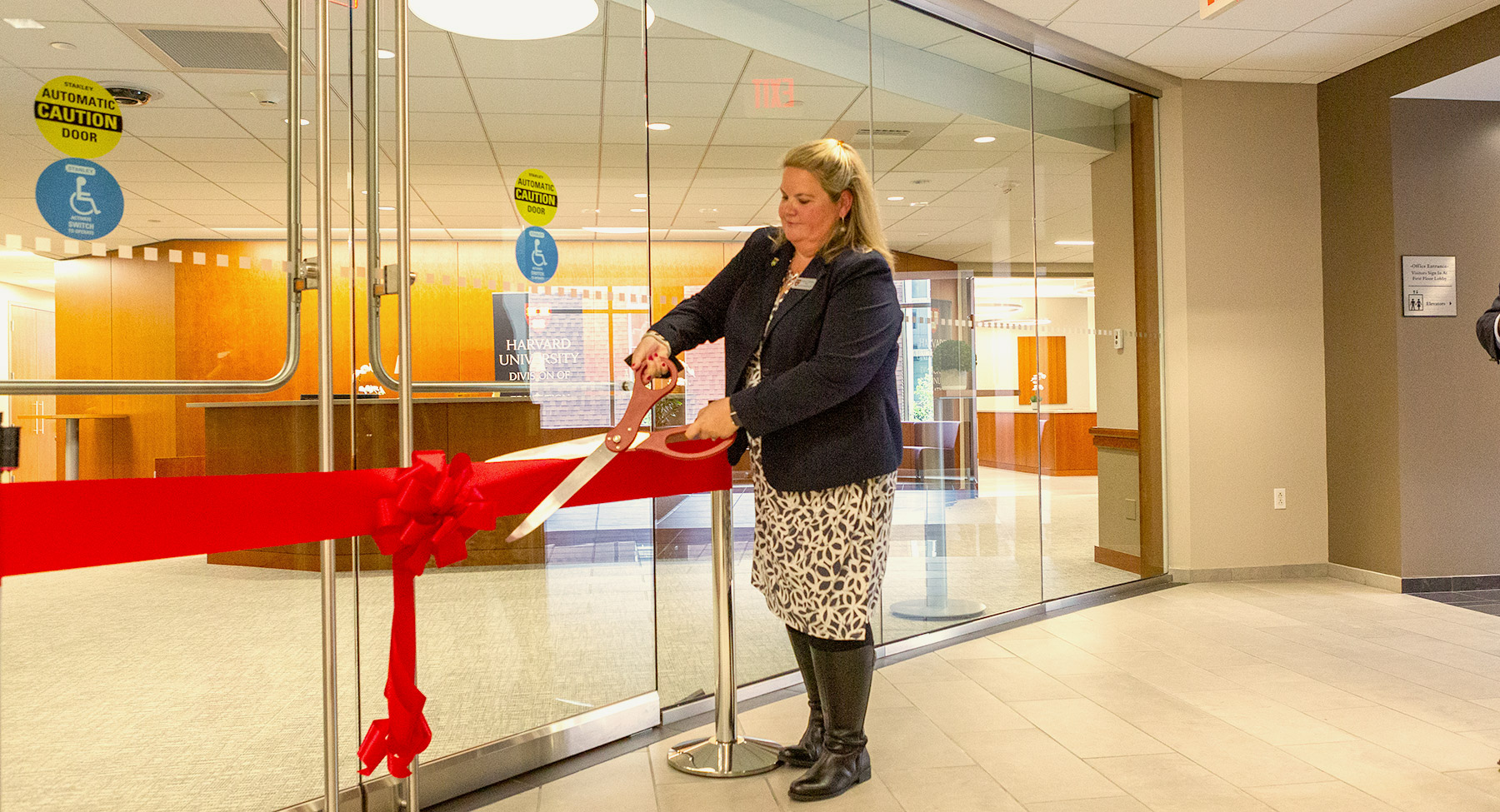On this page
In this article by The EvoLLLution® , Dean Nancy Coleman talks about the state of Continuing Education in 2022 and how higher education can compete with Silicon Valley.
Q: As you look across the space today, how do you feel continuing, professional and online education divisions can make the greatest impact?
Dean Coleman: It’s imperative that we stay connected with worker and adult learner needs throughout their lifetime. We are very big proponents of the 60-year curriculum, recognizing that throughout the course of a typical work life, people will need to skill and re-skill at various points to be successful.
Especially when you consider the number of people out there who will have jobs in the future that we can’t predict yet, nor what skills they’re going to require. The best thing we can do as agile providers is to stay in as close contact as possible with the employer community, with trends in our local communities and the areas we serve and be responsive and proactive in creating programming that supports our students’ constantly changing needs.
What makes us different from some of our other competitors, particularly those in the business industry, is that we are a comprehensive research institution that can draw upon research conducted by our faculty.
Nancy Coleman, Dean of the Division of Continuing Education and University Extension, Harvard University
The other thing that we can do based on our ability to be agile is continuing to think about different ways of delivering content to our students. With the rise of online learning and the advent of the pandemic, we saw that Continuing Education has reached that point we’ve been craving for years. We have the floor. So, how are we going to use that power for good moving forward to really make an impact and drive meaningful change for Workforce Development issues, employer partnerships, the things our students really depend on us for and continue to earn that credibility.
Q: As a Continuing Ed leader, how do you define your competitive differentiators to make sure you stand out in an increasingly competitive marketplace?
Dean Coleman: Someone asked me recently who some of our key competitors are. I said Microsoft, Amazon and Google, and their jaw dropped. But it’s true. It’s clear that our name recognition and reputation help us be competitive, yet those aren’t the only criteria that move us forward.
What makes us different from some of our other competitors, particularly those in the business industry, is that we are a comprehensive research institution that can draw upon research conducted by our faculty. We can draw on a strong pool of practitioners we bring in to teach some of the non-credit programming that integrates some of that research. And we can also draw on some of the university’s other resources.
We have a rich pool from which to draw to create our programs, to create something our students are really looking for.
